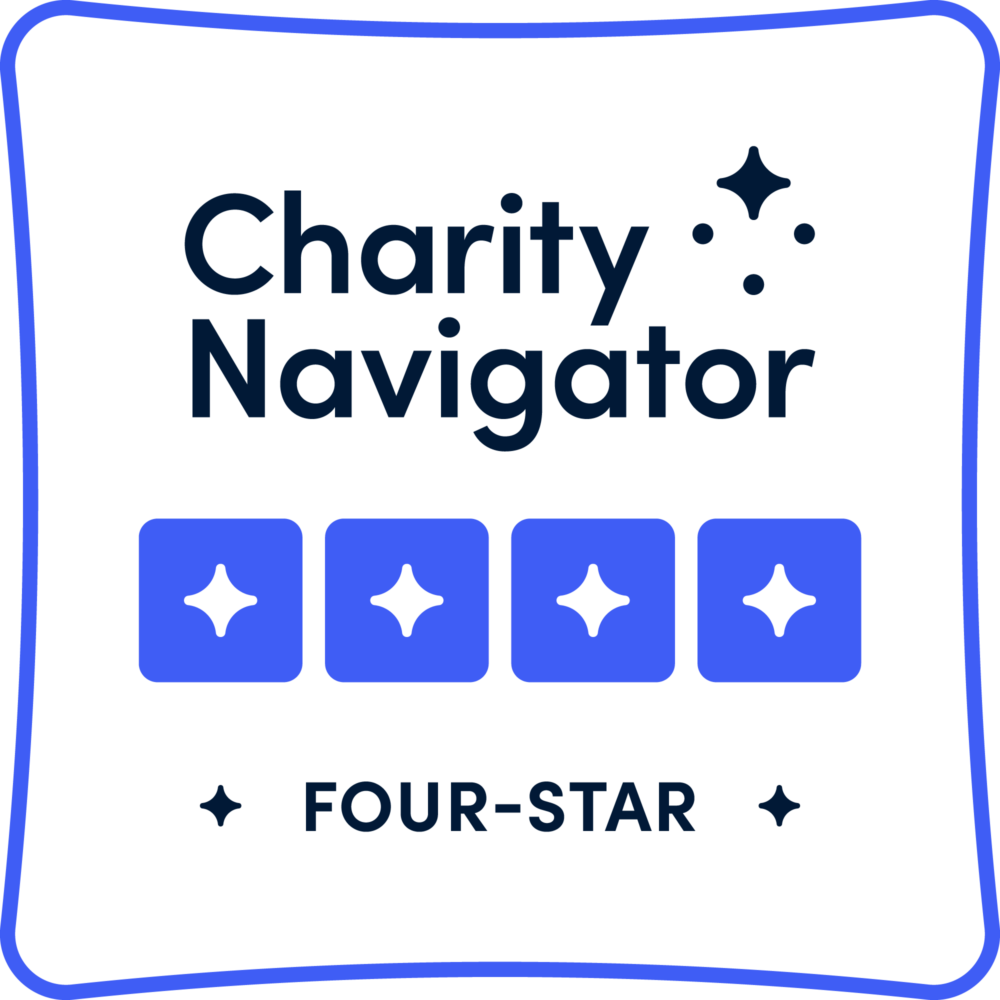Local Poet Inspires LSA Youth
Alex Greenberg, 16 years old, attends the Ethical Culture Fieldston School. He’s also an accomplished poet, whose work has been published or accepted for publication in The Florida Review, The Cortland Review, Grist, Arcadia, and Spinning Jenny, among others.
This summer, Alex taught a poetry workshop for middle-school students at LSA. He spoke with LSA intern Amanda Greene about his experience…
What got you interested in poetry?
I have been writing poetry for 5 years. I always thought poetry was a pretentious, academic art where you rhyme and use big words, and in middle school I hated it. Then I found that there is a real sense of discovery in poetry. The process of taking a challenging experience and – with just words – reframing it into something positive, or even tolerable, amazed me. What really drew me in was the idea of metaphor. A feeling that’s abstract, like death or love or grief, none of us understand what we mean when we say those words because we all experience them so differently. But when we can describe them in a way that’s concrete, like “she is as beautiful as a sunset,” then you get a sense of what I’m describing (this person is warm, radiant, etc.).
How did you come to teach a poetry workshop at LSA?
Last year I assisted the Summer Math Academy and I loved it. The kids were so great. So I decided to call Martha and asked her if I could do the poetry workshop. I’m aware of the mission here and I love the community.
What kind of things did you do to prepare for the workshops?
I’m 16 in the 10th grade, so I’m thinking — are they going to respect me or will they completely disengage? I found though, that being a student myself, I could identify more closely with the kids at LSA, and I knew what bored or intrigued me in my own classes. I tried to use that knowledge to teach this class.
The class is an hour and 45 minutes, so I decided that a fast pace is what I needed because no 7th grader is going to want to sit there and read and write poetry for almost 2 hours. Complete an activity, read, and play a game is the format I tried to stick to throughout the lessons. It was difficult to strike a good balance at first, but over time the lessons became stronger, more focused, and more engaging for both myself and the students.
What has been your favorite assignment/activity with the students so far?
This assignment was a lot of fun: I gave the students a sheet, and on one side it had abstractions, like love, hope, memory, history. On the other side, it had things you can see and touch like ladder, ocean, scarf, sofa, raven. Each student had to pick one abstraction and describe it using the tangible objects. “Death is a shadow passing by,” was what one student wrote. I loved this activity because it showed how natural the metaphor is—it’s something anyone can do. I also like listening to poetry while I meditate. I do that in the beginning of every class with the students.
What do you hope the students will get out of the workshop?
I hope that they are going to continue writing poetry as an outlet of expression. I also want them to think about challenges in new ways. I’d like them to feel that if they look at a challenge through a new lens, they can learn how to overcome it.
